Medicine details
| Image |  |
| Name | Stalevo 125 |
| Dosage | Tablet |
| Generic Name | Carbidopa + Entacapone + Levodopa |
| Classes |
Central Nervous System Agent Anti-Parkinson Agent Anti-Parkinson Combination |
| Diseases |
Neuromascular Disorder Parkinson's Disease |
| Company | Novartis (Bangladesh) Ltd. |
Drug Package Details
| Strength | 125 mg |
| Storage Condition | |
| Origin Country | Bangladesh |
| Commercial Pack | 1 |
| Price per pack | ৳ 2,550.00 |
| Cost per pack | ৳ 2,244.00 |
| Package unit | 30 tabs bot |
| Price per unit | ৳ 2,550.00 |
| Cost per unit | ৳ 2,244.00 |
| Discount | 0 |
| Coupon | |
| Remarks |
Carbidopa + Entacapone + Levodopa
Carbidopa + Entacapone + Levodopa is a combination drug consisting of levodopa (aromatic amino acid), carbidopa (aromatic amino acid decarboxylation inhibitor), and entacapone (catechol-O-methyltransferase (COMT) inhibitor) is indicated for the treatment of Parkinson’s disease.
Carbidopa + Entacapone + Levodopa is indicated for the treatment of Parkinson's disease.
- Carbidopa + Entacapone + Levodopa should be used to replace patients who have already been stabilized on equivalent doses of carbidopa/levodopa and entacapone. Some patients who have been stabilized on a given dose of carbidopa/levodopa may be treated with Carbidopa + Entacapone + Levodopa if the decision to add entacapone has been made (see below). Therapy should be tailored to the patient's specific needs and adjusted as needed.
- Carbidopa + Entacapone + Levodopa's optimal daily dosage must be determined through careful titration in each patient. There is limited clinical experience with entacapone daily doses greater than 1,600 mg. The maximum daily dose of Carbidopa + Entacapone + Levodopa is determined by the strength used. The highest strength has a lower maximum number of tablets to be used in a 24-hour period than lower strengths.
- Studies show that peripheral dopa decarboxylase is saturated by carbidopa at approximately 70 mg per day to 100 mg per day. Patients receiving less than this amount of carbidopa are more likely to experience nausea and vomiting.
The following adverse reactions are associated with the use of Carbidopa + Entacapone + Levodopa
- Falling Asleep During Activities of Daily Living and Somnolence
- Hypotension/Orthostatic Hypotension and Syncope
- Dyskinesia
- Depression and suicidality
- Hallucinations/Psychotic-Like Behavior
- Impulse Control and/or Compulsive Behaviors
- Withdrawal-Emergent Hyperpyrexia and Confusion
- Diarrhea and Colitis [see Warnings and Precautions
- Rhabdomyolysis
- Peptic Ulcer Disease
- Patients with Parkinson's disease treated with Carbidopa + Entacapone + Levodopa or other carbidopa/levodopa products have reported falling asleep unexpectedly while performing daily activities (including the operation of motor vehicles). Some of these incidents resulted in mishaps.
- Patients in both treatment groups who had previously experienced documented hypotension were more likely to report syncope (although the episodes of syncope, obtained by history, were themselves not documented with vital sign measurement). Patients taking drugs that increase central dopaminergic tone, such as Carbidopa + Entacapone + Levodopa, experience hypotension, orthostatic hypotension, and syncope.
- Carbidopa + Entacapone + Levodopa may cause or worsen dyskinesia (involuntary movements) at lower doses and earlier than preparations containing only carbidopa and levodopa. If dyskinesias occur, the dosage may need to be reduced.
- All patients should be closely monitored for the development of depression and suicidal ideation. Patients who have experienced or are experiencing psychosis should be treated with caution.
- Dopaminergic therapy has been linked to hallucinations in Parkinson's disease patients. In 0.8% and 0% of patients treated with carbidopa, levodopa, entacapone, and carbidopa, levodopa, respectively, hallucinations led to drug discontinuation and premature withdrawal from clinical trials. In the carbidopa, levodopa, entacapone and carbidopa, levodopa groups, hallucinations led to hospitalization in 1.0% and 0.3% of patients, respectively. Agitation occurred in 1% of patients treated with carbidopa, levodopa, entacapone and 0% treated with carbidopa, levodopa.
- Patients taking anti-Parkinson medications may experience intense gambling urges, increased sexual urges, intense spending urges, and other intense urges. Patients may be unable to control these urges while taking one or more medications commonly used to treat Parkinson's disease and that increase central dopaminergic tone, such as entacapone in combination with levodopa and carbidopa.
- Cases of hyperpyrexia and confusion resembling neuroleptic malignant syndrome (NMS) have been reported in association with dose reduction or withdrawal of therapy with carbidopa, levodopa and entacapone.
Contraindication
- Contraindicated in patients with known hypersensitivity to any component of this drug.
- Concomitant use of nonselective monoamine oxidase (MAO) inhibitors such as-
-
- Phenelzine
- Isocarboxazid
- Tranylcypromine
None known.
Contraindicated in patients with Narrow angle glaucoma.
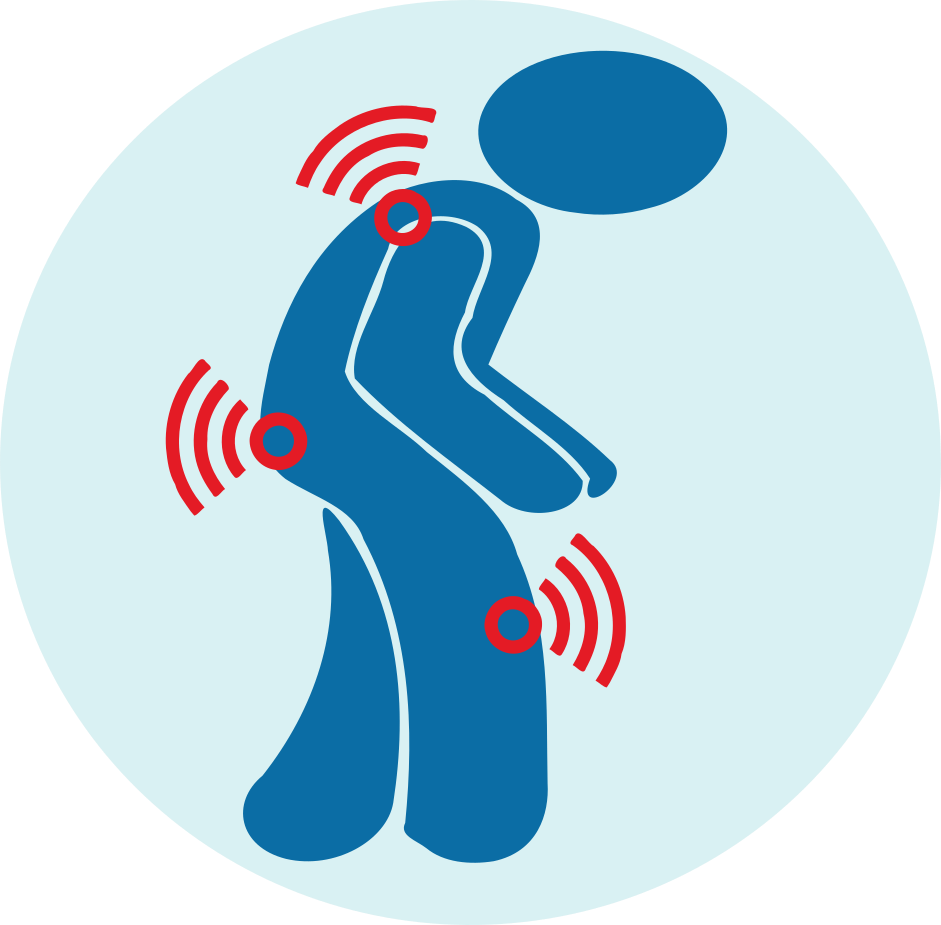

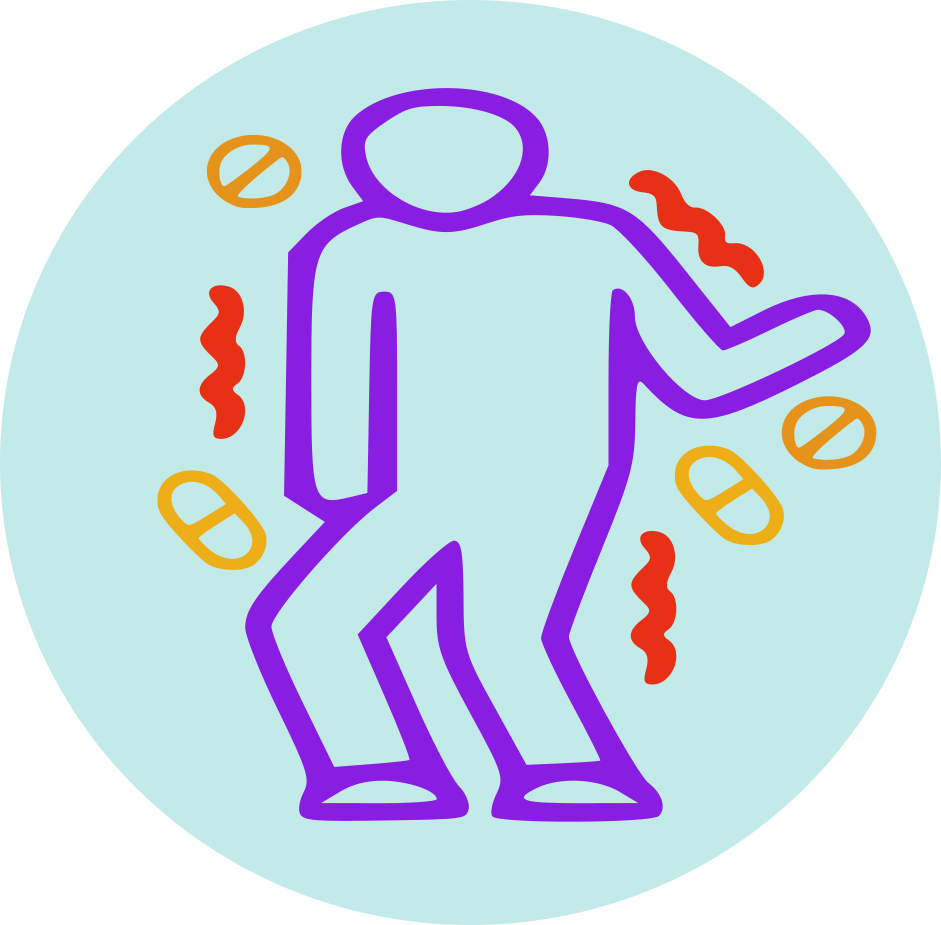
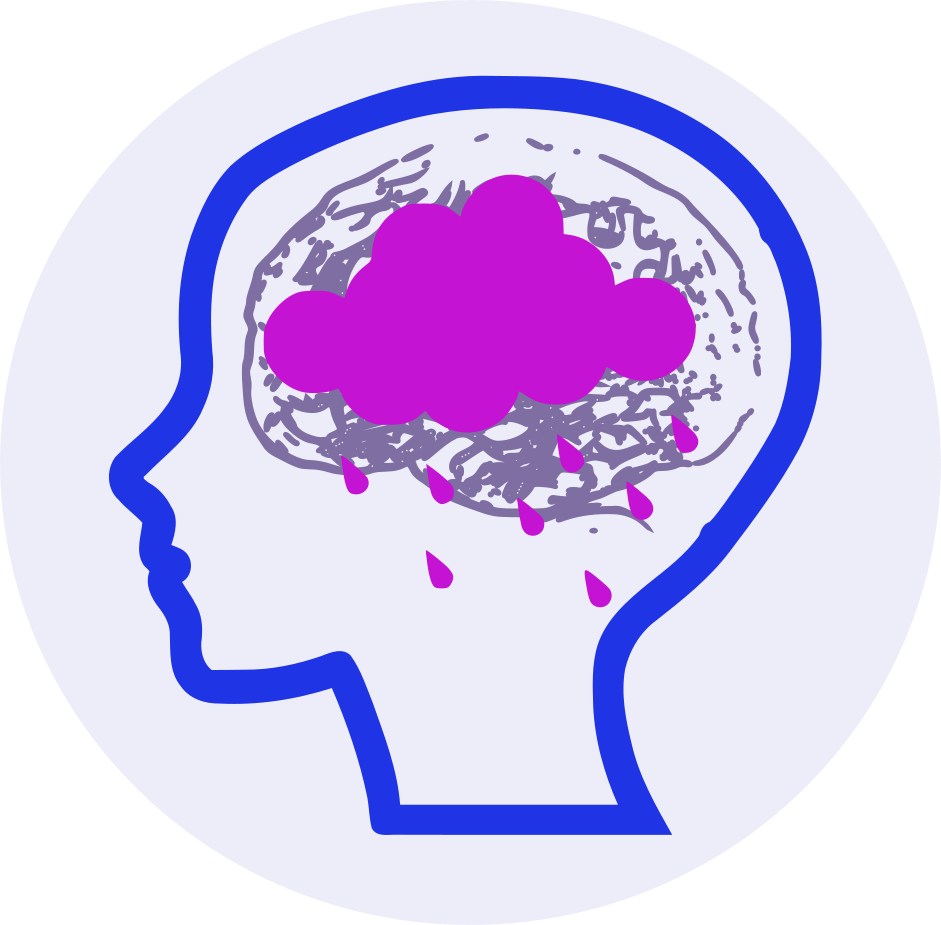
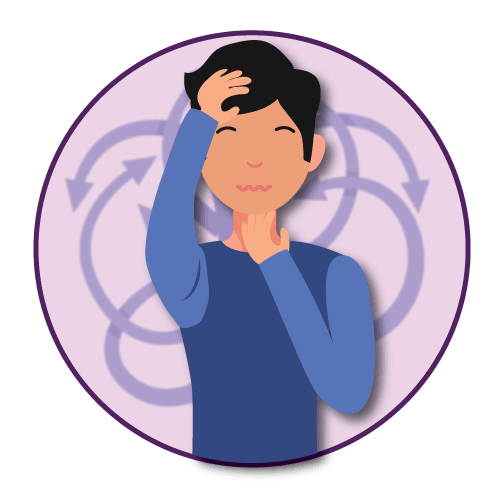
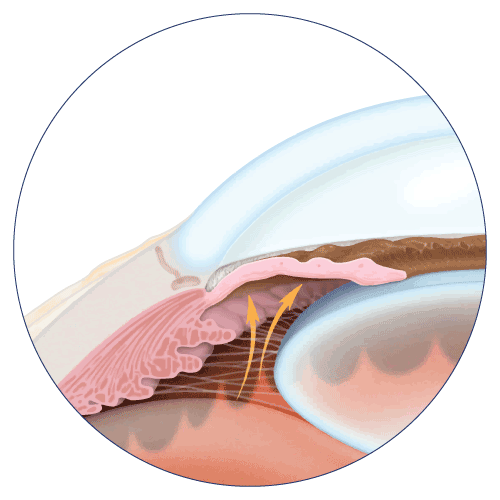
 Bangla
Bangla English
English